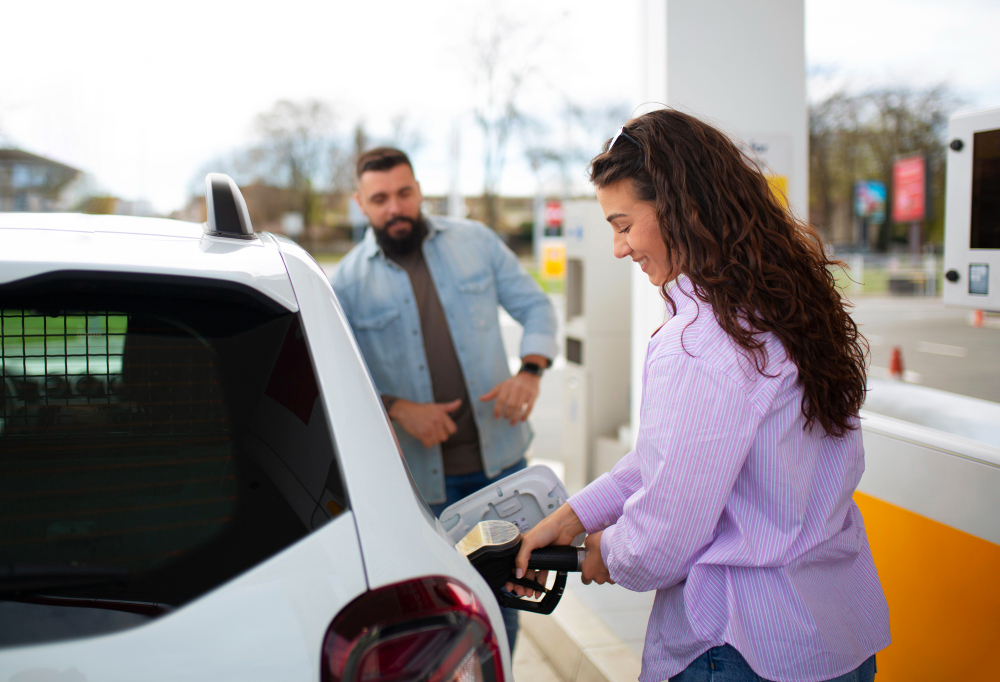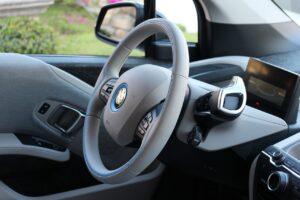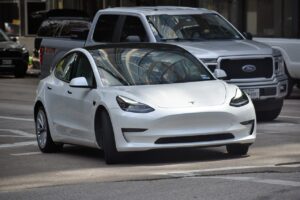Electric vehicles (EVs) are transforming the way we think about transportation. If you’ve been hearing about these modern marvels and wondering if they also run on petrol, you’re not alone. This question pops up often as EVs continue to grow in popularity. So, let’s dive in and break down what makes EVs unique, how they’re powered, and what it means for the future of fuel.
What Exactly Powers an EV?
Electric vehicles, as the name suggests, run purely on electricity. While traditional cars use internal combustion engines that burn petrol or diesel, EVs are powered by electric motors fueled by rechargeable batteries. Instead of filling up a petrol tank, EV drivers plug their cars into an electric charging station, similar to how you might charge a phone or laptop. These batteries, usually lithium-ion, store and supply the power needed to run the motor and all other systems in the vehicle.
This is a key distinction between EVs and traditional cars. The absence of a petrol tank, fuel lines, and exhaust systems in EVs means they are truly zero-emission vehicles when operating. By eliminating reliance on fossil fuels, EVs reduce pollution and create a cleaner environment—a major reason for their appeal.
Why Don’t EVs Use Petrol?
Simply put, EVs don’t need petrol because they are designed around an entirely different technology. In a gasoline-powered vehicle, the engine ignites petrol to generate energy, which then drives the wheels. However, in an electric car, an electric motor directly converts electrical energy from the battery into motion. This system is simpler, more efficient, and far cleaner.
The lack of petrol is also what allows EVs to produce fewer emissions, helping reduce the impact of transportation on the environment. While there are hybrid vehicles that use both petrol and electricity, these are distinct from fully electric vehicles, which rely entirely on battery power.
The Role of Charging Stations
Since EVs don’t have petrol tanks, they need a different type of “refueling” system: electric charging stations. These charging stations come in various levels, with Level 1 being slower and Level 3 (or DC fast chargers) providing faster charging. As infrastructure grows, so does the availability of these stations, making it easier for EV owners to charge up wherever they are.
Many people are concerned about “range anxiety,” or the fear of running out of power on the road. However, with improvements in battery technology, EVs today often have ranges of over 200 miles on a single charge. Additionally, the growing network of charging stations helps ease this concern, ensuring drivers have options when their battery gets low.
What About Hybrid Vehicles?
Hybrid vehicles are a middle ground between petrol cars and full EVs. These cars use a combination of a petrol engine and an electric motor, allowing them to switch between the two power sources or use both simultaneously for added efficiency. While hybrids are an excellent transition option, they still rely on petrol and do not offer the same environmental benefits as fully electric cars.
Plug-in hybrids (PHEVs) go a step further by allowing you to charge the battery, enabling limited electric-only driving. However, once the battery depletes, they switch back to using petrol. So, while hybrids are indeed a step toward cleaner transportation, they don’t eliminate the use of petrol as EVs do.
Is an EV Right for You?
Deciding whether an EV is the right choice depends on a few factors. If you’re someone looking for a cleaner, quieter ride with lower maintenance costs and the ability to bypass the petrol pump, an EV could be a fantastic choice. EVs are generally simpler in design, which often means fewer repairs. Plus, charging at home can be more convenient and cost-effective than regular trips to the gas station.
However, consider your driving habits, charging options, and budget. If you have access to reliable charging and typically drive shorter distances, EVs are a practical option. Those in rural areas or who frequently drive long distances might benefit from researching EV models with higher ranges or hybrid options.
Embracing a Petrol-Free Future
Electric vehicles are ushering in a new era of transportation. They offer a path away from fossil fuels, reducing both emissions and dependence on petrol. As battery technology and charging infrastructure continue to advance, owning an EV will become even more convenient and practical.
In short, no, EVs do not have petrol. They represent a shift toward greener technology, making driving more sustainable and environmentally friendly. As EVs become more common, it’s clear they’re here to drive us toward a cleaner, petrol-free future.





